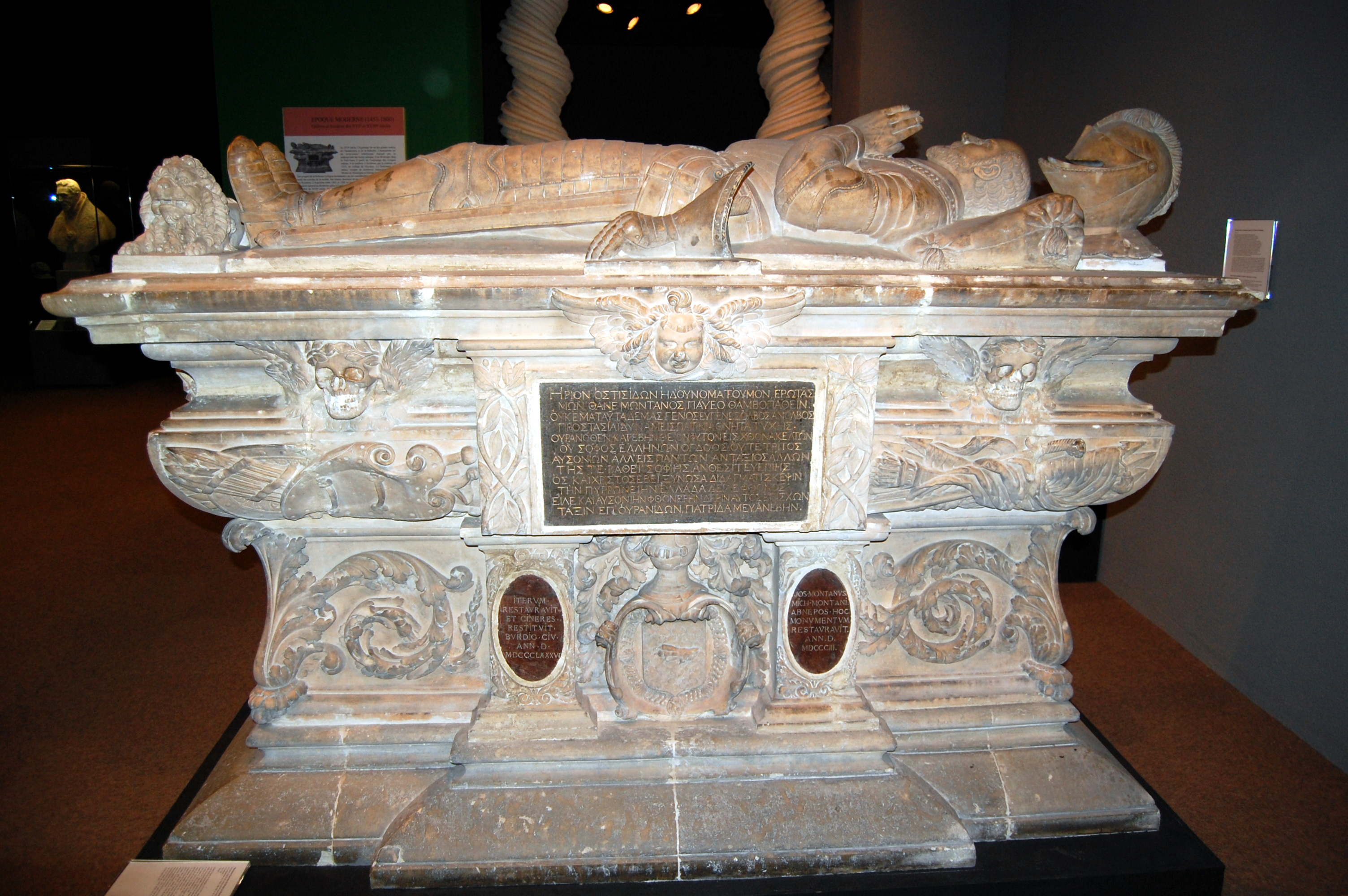 |
| Effigie of Michel de Montaigne, 1593 , Musée d'Aquitaine, Bordeaux, France. Photo: Wikimedia/Pline CC BY-SA 3.0 |
 On Friendship by Michel de Montaigne
On Friendship by Michel de MontaigneMy rating: 3 of 5 stars
Philosopher of the French Renaissance and father of the essay, Michel de Montaigne's work provides an interesting self-analysis that reminds me of Oliver Wendell Holmes, less the tongue-in-cheek wittiness. Montaigne draws on Ancient Greek and Roman classics repeatedly, which indicates the mood of the Renaissance. Some suggest that his topics parallel the Stoics, especially the final essay on dying well. Montaigne's ready dismissal of women as other than rational beings reflects the attitude of the times, but in this one senses a form of earlier institutional sexism that is far from rational. However, Montaigne's nonsense might be overlooked given the work was written in the 16th century. His essays on friendship and conversation provide many lessons that are applicable today, as is the discussion of idleness, and the importance of having purpose in one's life. I could not help but think of Woody Allen in Montaigne's discussion of the love of a father for his children, and the ideas of Freud and other modern psychologists expand on these very themes (of course, the Oedipus complex stems from the Ancients). Of particular note is Montaigne's public self-analysis. Not in the bare-all sense, but certainly in how he discusses one's foibles and braggartry, and how one might self-assess the worth of one's own work. I suspect Screech's translation gives the work such a modern voice, and I can only wonder (on this first reading of any of Montaigne's work) how much is lost in translation.
View all my reviews